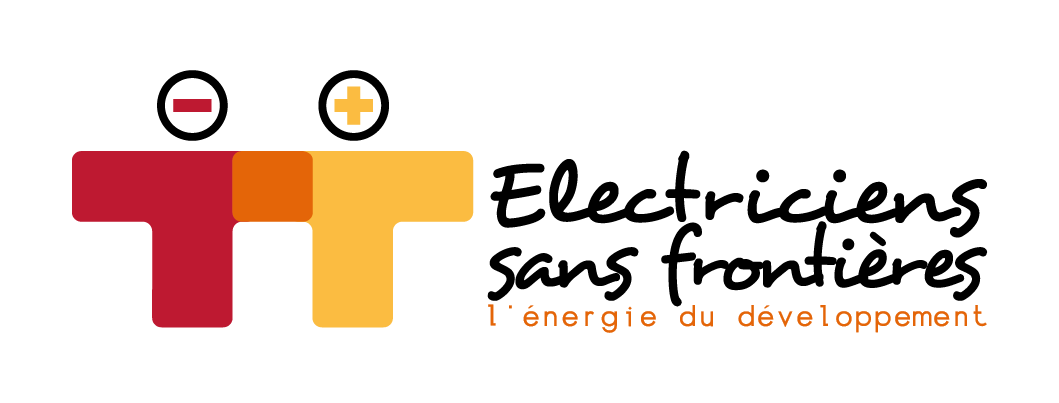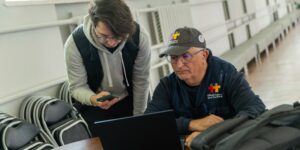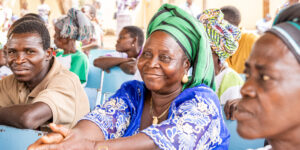Our role, as an international solidarity NGO, is to act for the common good. We act to provide access to electricity and water to populations located in isolated rural areas. And it is a fact that our action improves the daily life of the beneficiaries. However, our action, like that of all development actors, has an impact on the environment. As we all know, it is also urgent to fight against climate change.
How can we measure our impact on the environment? What solutions can be thought of and deployed to reduce our impact while continuing our actions?
In December 2020, we were part of the National Humanitarian Conference organized jointly by the Crisis and Support Center of the French Ministry of Europe and Foreign Affairs and French international solidarity NGOs gathered within Coordination Sud. During the roundtable on climate change, 10 NGOs (including Electriciens sans frontières) presented and signed a declaration of significant commitments, initiated by the Humanitarian Environment Network, to further strengthen their contribution to the fight against climate change.
At the same time, we made a commitment alongside humanitarian organizations to integrate climate issues into our operations. In 2021, this commitment led to the creation of a consortium called CHANGE (Consortium of Humanitarian Actors and Networks engaged in Greenhouse gas Emissions reduction).
By signing this declaration and taking part in this consortium, we notably commit to :
- measure the environmental and carbon impacts of our actions
- reduce our emissions by 2030;
- adapt our actions to meet climate-related challenges;
- report on our progress and actions;
- raise awareness in the industry and encourage others to do the same.
When it comes to the implementation of our projects, elements such as travel, material supply and waste management in the countries where we intervene stand out.
For example, the lessons learned from the sanitary crisis are invaluable because they have paved the way for interventions that are carried out remotely, totally or partly, both in our organization in France and in the countries where we operate. Although we were already carrying out remote actions for our projects located in red zones, we have now acquired more experience and have thus been able to strengthen our position and knowledge in the implementation of remote projects.
In addition, the development of accounting tools and a database (CO2 emitted, CO2 avoided) will allow us to analyze each of our internal activities (associative life, team functioning, project realization and follow-up). This would be followed by the definition of a methodology for aggregating and monitoring these data, as well as the development of a synthetic guide of practices to be implemented, etc. The questions raised are numerous, as are the projects initiated so far.
The hope of reducing the impact of development actors, and particularly NGOs, is real since there are many levers for action. If some levers are already engaged or integrated in our daily life, we must do more and establish standard criteria, comparable from one structure to another to be able to assess difficulties and progress.
Let’s recall that our projects are a solution aimed at bringing low-carbon energy to populations that often use polluting and harmful for the planet energy sources.
The very principle of Electriciens sans frontières is to go where others don’t, because we are aware that people living in isolated rural areas will not have access to electricity and/or water for far too long. Yet these two resources are necessary, even vital. They allow us to meet the challenges of both economic and human development of populations, such as education, health, training, security…
To meet these challenges, we use solar energy and sometimes hydropower, two production methods that have a limited impact on the environment. These energies are said to be renewable and therefore do not run the risk of exhaustion. They are particularly well suited to our areas of intervention, especially in sub-Saharan Africa where there is a high rate of sunshine.
These topics are not new; we have been working for more than 10 years on the assessment of the climatic impact of our projects, and more generally of our operations.
By participating in these new initiatives, we are acting so that the fight against climate change is fully integrated into the intervention strategies of humanitarian organizations.



